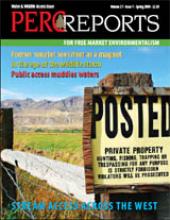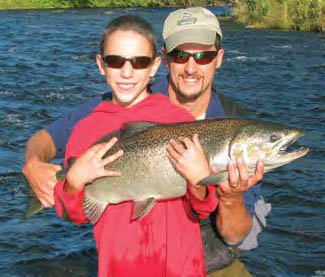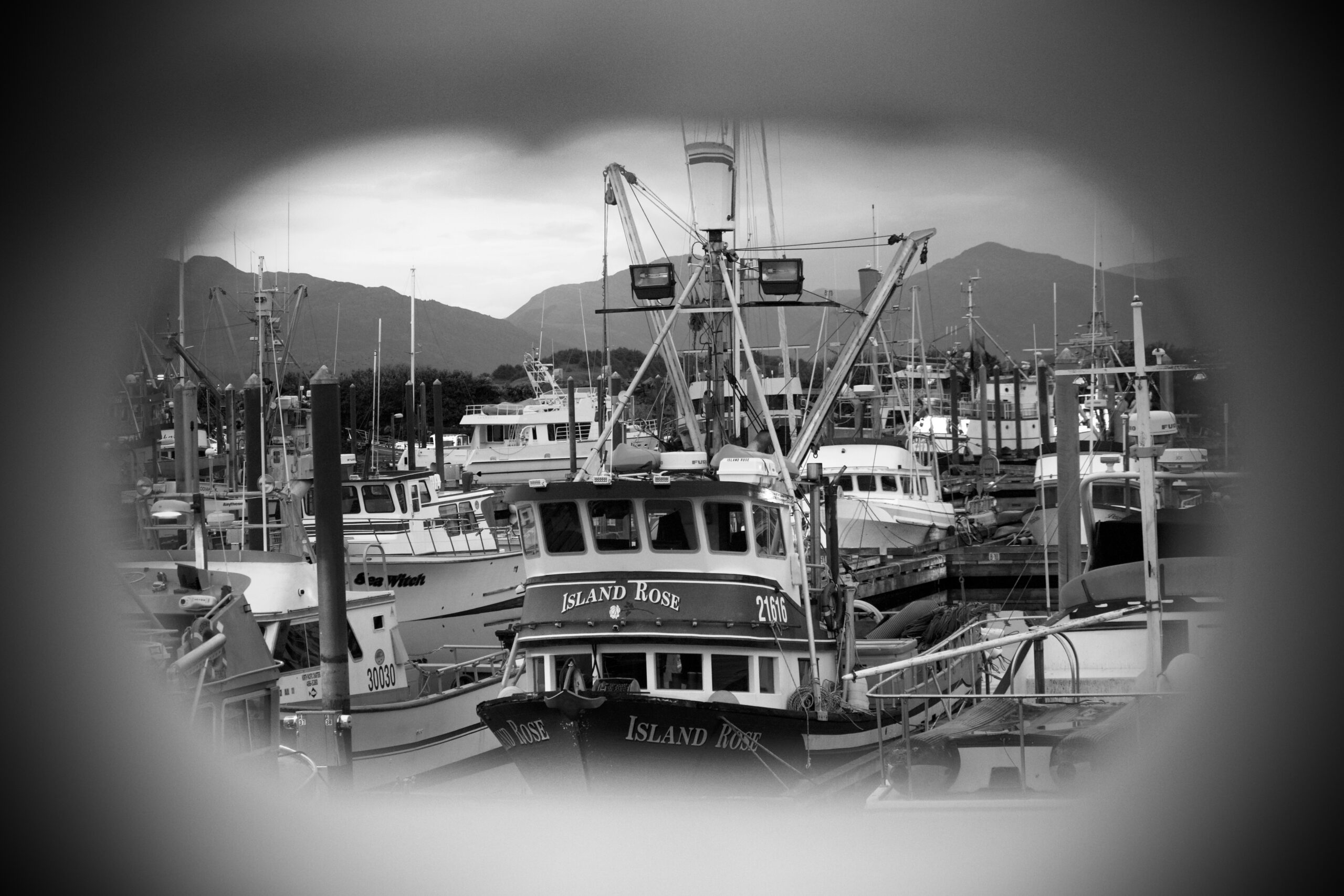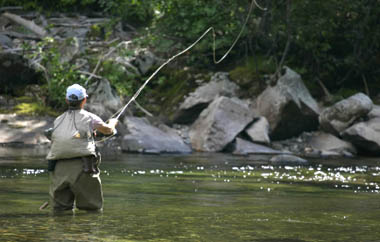
Superfund Follies, Part II
Since 1980, the Environmental Protection Agency (EPA) has had the authority to clean up hazardous waste sites that pose an imminent and substantial danger to public welfare and the environment.
Read more

Since 1980, the Environmental Protection Agency (EPA) has had the authority to clean up hazardous waste sites that pose an imminent and substantial danger to public welfare and the environment.
Read more
Doug Barclay vividly remembers a fall day in the early 1980s when he said upwards of 3,000 people were on his New York property along the lower Salmon River
Read more
Most conflicts solved with market-based solutions involve opposing sides exercising their property interest, whether factual or imagined.
Read more
The St. Paul Port Authority is pursuing a scheme that could gut Minnesota’s popular 2006 comprehensive eminent domain reforms that protect homes, small businesses, and farms from government takings for private gain.
Read more
While the economy sputters and stalls, whiskey makers are on cruise control.
Read more
The oily red flesh of southern bluefin tuna makes the finest sashimi on the planet.
Read more
Admittedly, most people don’t leap at the chance to read about human waste. But sometimes we must.
Read more
What's your opinion on stream access? In the West, private landowners often provide much of the natural resource management at their own expense, which in turn benefits the public with healthy fisheries and prolific game.
Read more
When the battles over water in Oregon’s Klamath River Basin were at their peak, PERC organized a meeting in Portland to bring competing parties to the table in search of common ground for reducing the conflict.
Read more
Protecting private property rights is critical to protecting environmental resources because private landowners respond to incentives.
Read more